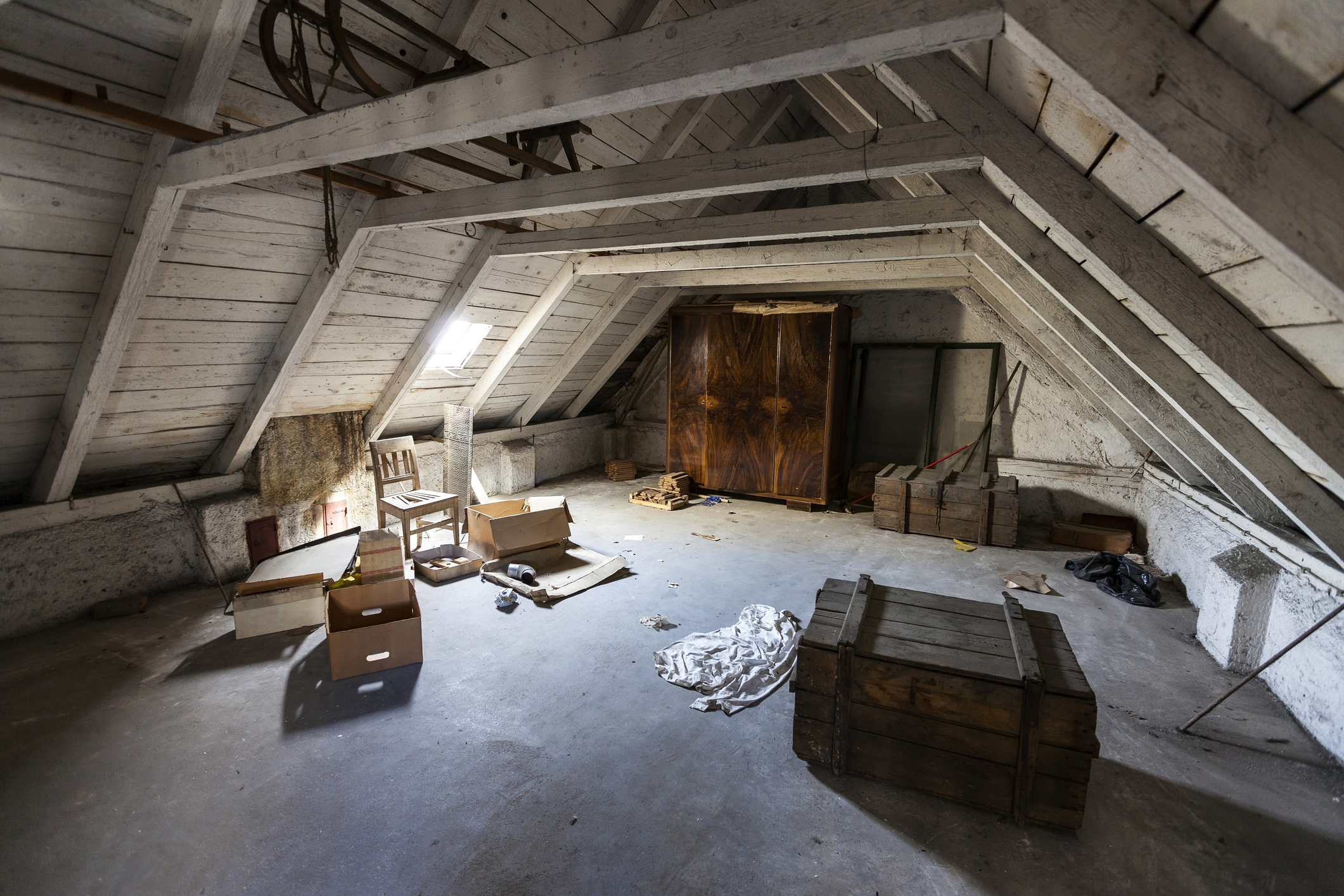Many homeowners think of an attic as the place to store seasonal decorations, luggage and not much else. But just like any other room in your house, it needs attention and has its own unique concerns. They are also being repurposed to gain additional usable space. We can help you make that space what ever you imagine and provide the information you need with regards to setbacks, lot coverage or height restrictions.
Proper Insulation Makes a Difference
If your heating bills are sky high in winter and your air conditioner is continually running in summer, you may have insufficient insulation. A home inspector can give your space a complete assessment and identify any problems. If you decide to add insulation, investigate the diverse types and determine the ideal R-value for your climate. We can help you with the choices and what is the best fit for you.
An Attic Needs to Breathe
Along with insulation, adequate venting in your attic can prevent a host of concerns. In cold weather, poor venting can lead to ice damming, a dangerous and expensive issue. And hot, humid air building up in the warm months can be breeding grounds for mold. Good ventilation helps regulate temperature and moisture levels and keep problems from developing. Whatever you do, do not block vents thinking you are saving energy. If you want to learn more about your house, we can explain what you have and how it can be made better.
Air Leaks Affect Efficiency
Although your attic needs to breathe, it needs to do so properly. Seal up air leaks, which allow in outside air and hurt your home’s efficiency. Also look for signs that attic air may be infiltrating your home’s interior, like a drafty room, dry indoor air in the winter or a room that’s colder or hotter than others. And keep in mind that the effects of air leaks can appear over time, such as a floorboard that becomes warped. Making periodic visual inspections can help keep air infiltration from becoming an issue.

